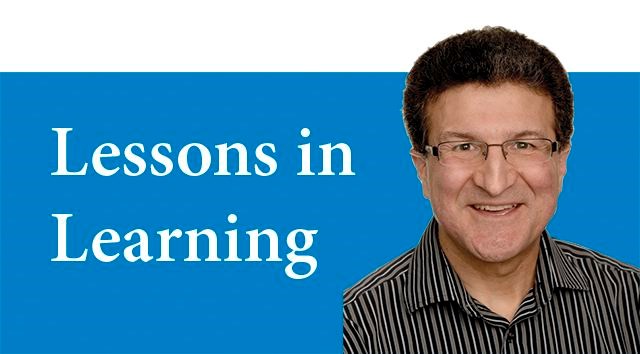It is said that "when you listen to a witness, you become a witness."
This is the driving force behind the March of the Living, an event that brings thousands of young people from around the world to Poland every spring. Here they visit the places where crimes against humanity took place.
The name is in stark contrast to the infamous death marches which saw innumerable people perish as they were forced at gunpoint to leave concentration camps in Poland and proceed to camps in Germany as the Soviet army advanced in early 1945.
What is powerful is that the young people are accompanied by Holocaust survivors who tell them their stories and walk with them. Many of the youths are also grandchildren and great-grandchildren of the very people the Nazi death camps sought to destroy.
In reflecting back over the 20th century, it is clear that the unmasking of concentration camps at the end of the Second World War was a pivotal moment in human history. Here we had terrifying proof of the dangers of racism and extreme nationalism. The newly formed United Nations responded by defining the term genocide in 1948, and the world declared "never again."
Throughout the Cold War, "never again" fundamentally meant pointing to the crimes against humanity committed by the other side but, since the early 1990s, we have been able to look honestly at what happened and is happening in so many parts of the world.
When we scratch the veneer of history, we begin to see that genocide is not only a part of the history of Germany, it is arguably a part of the history of every colonial power.
It is something that has been glossed over as civil war in other places. It is also a part of the story of much of the world today.
One reason for studying genocide is to give a voice to the victims. By listening to survivors, we not only validate and empower them, we are changed. We cannot unlearn what they teach us, we have no choice but to continue their mission.
Understanding genocide gives us a powerful lens to look at the world. Here we see evil exposed for what it is: a horrible and ridiculous lie.
When we look at the vast numbers of descendants of Holocaust survivors participating in the March of the Living and see the tremendous contributions that they are making to the well-being of others, how can we dare to say that any form of racism can ever be justified?
How can we dare to say that those who are suffering from oppression today should not be helped?
Indeed when we help others, we are helping ourselves. Imagine all the good that would be happening in the world today if we had only had the courage to save more people from Hitler's tyranny.
In recent years, genocide studies has become a science in its own right and it is having an impact on the education of our young people.
Though it was already mandated in some jurisdictions (primarily those with a strong Jewish lobby), when I began teaching it in 2008, there were only a few locally developed high school programs scattered throughout the province.
Today, Genocide Studies 12 is outlined and approved by the British Columbia Ministry of Education.
Many of us have crimes against humanity in our family histories, either as survivors or as perpetrators, or as both.
When we honour the victims of genocide, we are changed.
We have no choice but work for a more just world, and as more of us grow in awareness, we cast a powerful light on the darkest shadow of humanity.
For more of Gerry's columns, visit gerrychidiac.com.



